Recorded
May 10, 2023

Component based content management, structured authoring, and semantics not only help us to scale and personalize documents and data driven publications, but also enable organizations to create, localize and maintain large volumes of rich media publications, such as e-learning courses, animations and for instance instruction videos. A growing number of use cases and business needs demand for video as the preferred format. Visual media, like video, often help people to understand, and remember topics and concept better. It helps to improve learning and reduce support cost. Also, adding video enables organizations to communicate with their stakeholders via channels and devices they prefer. The challenge is: how to make video scalable, compliant, and cost-effective?
During this talk Wiegert and Wouter not only explain how current technology supports organizations reaching these goals, but also how it positively influences operations, and competitive advantages of organizations.
Presented by Wiegert Tierie, RWS and Wouter Maagdenberg, TXTOmedia
 Wiegert Tierie is Vice President of Strategic Accounts and Tridion America Sales Team Lead. He brings over 25 years of experience in numerous senior leadership roles. He is an ambitious visionary executive that uniquely combines strategy, sales, and marketing experience with an extensive background in financial, business process optimization, and product management to offer our customers a competitive edge, building their brand and their go-to-market strategy. To deliver results and success for the key customers he works with. Earlier Wiegert worked with Tridion, the leading Dutch Customer Experience and WCM vendor, and successfully launched numerous projects with Marquee brands. Prior to that, he played a key role in the introduction of Adobe Acrobat in Europe. Wiegert earned a Master of Science in Business from the University of Groningen (The Netherlands). He loves the outdoors, sailing and currently lives near St. Petersburg FL (he moved from San Francisco, CA in May 2020)
Wiegert Tierie is Vice President of Strategic Accounts and Tridion America Sales Team Lead. He brings over 25 years of experience in numerous senior leadership roles. He is an ambitious visionary executive that uniquely combines strategy, sales, and marketing experience with an extensive background in financial, business process optimization, and product management to offer our customers a competitive edge, building their brand and their go-to-market strategy. To deliver results and success for the key customers he works with. Earlier Wiegert worked with Tridion, the leading Dutch Customer Experience and WCM vendor, and successfully launched numerous projects with Marquee brands. Prior to that, he played a key role in the introduction of Adobe Acrobat in Europe. Wiegert earned a Master of Science in Business from the University of Groningen (The Netherlands). He loves the outdoors, sailing and currently lives near St. Petersburg FL (he moved from San Francisco, CA in May 2020)
 Wouter Maagdenberg is CEO and Cofounder of TXTOmedia. He is a serial entrepreneur who started his first tech company, during his BA studies at Erasmus University in 1996.
Wouter Maagdenberg is CEO and Cofounder of TXTOmedia. He is a serial entrepreneur who started his first tech company, during his BA studies at Erasmus University in 1996.
He sold his former company Calamares (Media Asset Management) to SDL (now RWS) in 2011. After leaving SDL, he started to develop what has now become TXTOmedia.
Wouter’s role as CEO combines strategic product management with business development. TXTOmedia – The Video Automation Company – offers technology to automatically create and localize training, instruction, and how-to videos at scale, based on (existing) structured content.
The business benefits include but are not limited to speeding-up time-to-market of videos and improving the customer and employee experience while decreasing cost and carbon footprint.
 One of the main benefits of using a structured format such as DITA is the ability to reuse content, but realizing where reuse is beneficial and estimating the probable savings can be a tedious and time-consuming task. In this webinar, we demonstrate how you can identify reusable or redundant content in your own documentation and pinpoint potential cost savings using detailed graphical reports with Stilo’s Analyzer.
Presented by Jacob Brennan
One of the main benefits of using a structured format such as DITA is the ability to reuse content, but realizing where reuse is beneficial and estimating the probable savings can be a tedious and time-consuming task. In this webinar, we demonstrate how you can identify reusable or redundant content in your own documentation and pinpoint potential cost savings using detailed graphical reports with Stilo’s Analyzer.
Presented by Jacob Brennan
 Jacob Brennan is a Technical Sales Product Specialist at Stilo. He works with Stilo Migrate customers and aids in converting their legacy content to DITA. Jacob is a recent graduate from the University of Ottawa holding a BASc. in Mechanical Engineering and a BSc. in Computing Technology.
Jacob Brennan is a Technical Sales Product Specialist at Stilo. He works with Stilo Migrate customers and aids in converting their legacy content to DITA. Jacob is a recent graduate from the University of Ottawa holding a BASc. in Mechanical Engineering and a BSc. in Computing Technology. 

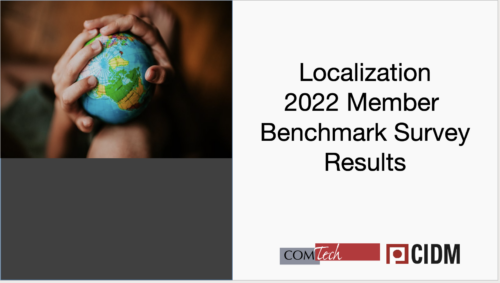

 Dawn Stevens, President, Comtech Services and Director of CIDM has 28 years of practical experience in virtually every role within a documentation and training department, including project management, instructional design, writing, editing, and multimedia programming. Dawn is the perfect advisor to identify and remove the challenges you face in producing usable, technical information and training content. With both engineering and technical communication degrees, Dawn combines her solid technical foundation with strong writing and design skills to lead our team of consultants and specialists in providing the expertise you need.
Dawn Stevens, President, Comtech Services and Director of CIDM has 28 years of practical experience in virtually every role within a documentation and training department, including project management, instructional design, writing, editing, and multimedia programming. Dawn is the perfect advisor to identify and remove the challenges you face in producing usable, technical information and training content. With both engineering and technical communication degrees, Dawn combines her solid technical foundation with strong writing and design skills to lead our team of consultants and specialists in providing the expertise you need.
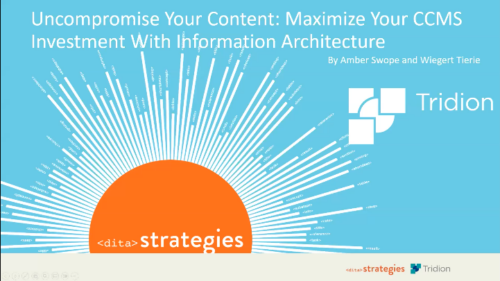


 Amber Swope is an internationally recognized Information Architect, Darwin Information Typing Architecture (DITA) expert, and information architecture (IA) consultant. With over 20 years of information development experience and 15 years of DITA expertise, Amber specializes in helping organizations create opportunity through IA. She helps teams build scalable IA solutions to future-enable their content and empowers team members to advance their architecture as it evolves to meet new business needs.
Amber Swope is an internationally recognized Information Architect, Darwin Information Typing Architecture (DITA) expert, and information architecture (IA) consultant. With over 20 years of information development experience and 15 years of DITA expertise, Amber specializes in helping organizations create opportunity through IA. She helps teams build scalable IA solutions to future-enable their content and empowers team members to advance their architecture as it evolves to meet new business needs.
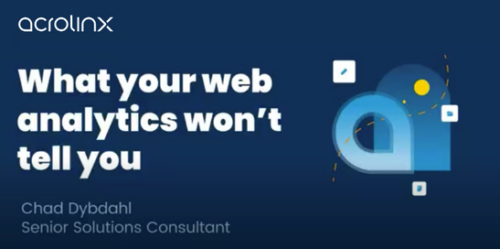


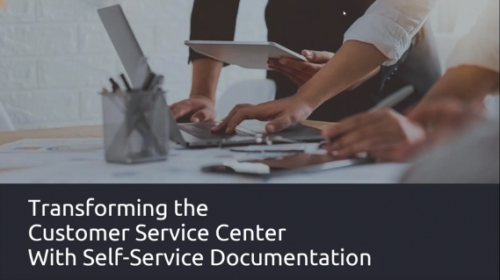

 Fabrice Lacroix is a serial entrepreneur and a technology pioneer. He has been working for 25 years on the development of innovative solutions around search technology, content enrichment and AI. He is the founder of Fluid Topics, the leading Content Delivery Platform that reinvents how users search, read and interact with technical documentation.
Fabrice Lacroix is a serial entrepreneur and a technology pioneer. He has been working for 25 years on the development of innovative solutions around search technology, content enrichment and AI. He is the founder of Fluid Topics, the leading Content Delivery Platform that reinvents how users search, read and interact with technical documentation.
 Alex Masycheff is the CEO of Intuillion Ltd. (
Alex Masycheff is the CEO of Intuillion Ltd. (
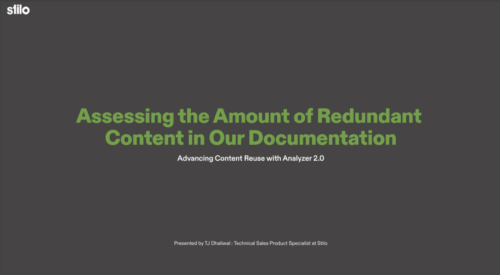

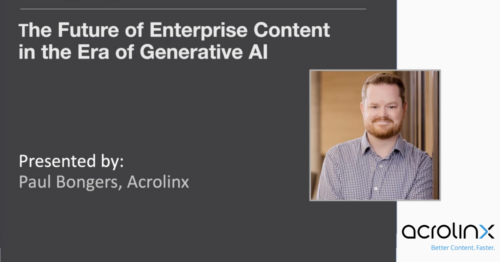
 Paul Bongers is a strategist, technologist, and a SaaS generalist. In his role as VP Strategy, Paul shapes the Acrolinx product strategy. His team works closely with all departments across the business to foster innovation and expand value for Acrolinx customers.
LinkedIn:
Paul Bongers is a strategist, technologist, and a SaaS generalist. In his role as VP Strategy, Paul shapes the Acrolinx product strategy. His team works closely with all departments across the business to foster innovation and expand value for Acrolinx customers.
LinkedIn: 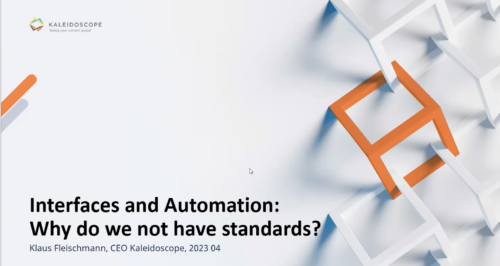


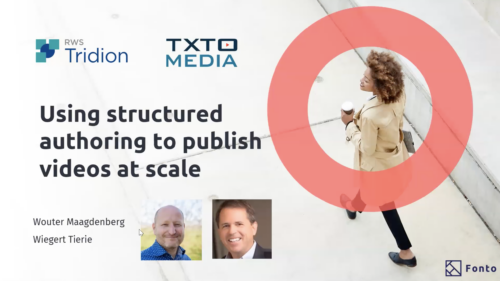

 Wouter Maagdenberg is CEO and Cofounder of TXTOmedia. He is a serial entrepreneur who started his first tech company, during his BA studies at Erasmus University in 1996.
Wouter Maagdenberg is CEO and Cofounder of TXTOmedia. He is a serial entrepreneur who started his first tech company, during his BA studies at Erasmus University in 1996.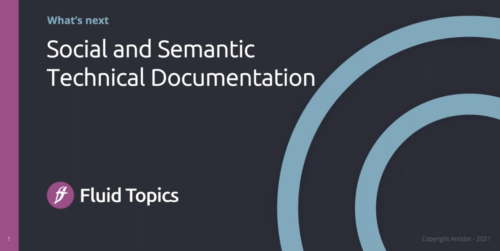
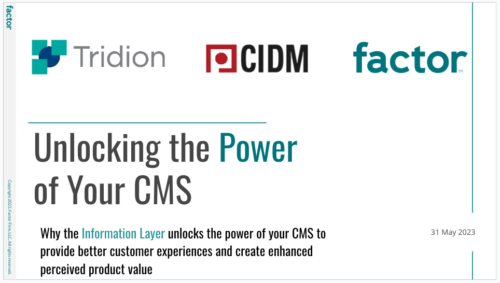
 Chip Gettinger is the VP of Global Solutions Consulting at RWS, he manages a team that works with customers in maximizing global content with RWS. He has experience working with customers to develop global content strategies, business ROI adoption drivers, change management, and technology adoption for component content management systems. He speaks and blogs about customer successes working closely with industry standards, partners, and customers in technology solutions and deployments.
with guests Bram Wessel and Bob Kasenchak, Factor Firm
Chip Gettinger is the VP of Global Solutions Consulting at RWS, he manages a team that works with customers in maximizing global content with RWS. He has experience working with customers to develop global content strategies, business ROI adoption drivers, change management, and technology adoption for component content management systems. He speaks and blogs about customer successes working closely with industry standards, partners, and customers in technology solutions and deployments.
with guests Bram Wessel and Bob Kasenchak, Factor Firm
 With more than two decades as a user-centered design and research professional, Bram Wessel believes that technology should enable natural experiences for real people. Bram has developed human-centered digital experience designs and strategies for such high-impact brands as Adobe, Amazon, Backcountry, the City of Seattle, Crate & Barrel, Disney, Expedia, GE, Group Health, Intel, Lionsgate, MasterCard, Microsoft, Nordstrom, Real, Safeco, Sony, Starbucks, Volvo, UW Medicine, and Warner Brothers.
A tireless advocate for the IA/UX discipline, with many articles to his credit, Bram is a frequent speaker at conferences such as the Information Architecture Summit, UX Week, Lavacon, Webvisions, ConveyUX, Seattle Design Festival, Taxonomy Bootcamp, and regional meetups and workshops. He is committed to educating the next generation of practitioners through his advanced User Experience and certificate Information Architecture classes at the School of Visual Concepts and as a guest lecturer at the University of Washington’s MCDM and MLIS programs.
Bram is a member of the Information Architecture Institute (IAI) and the Seattle chapter of the international Interaction Design Association (IxDA). Bram is a founding partner at Factor. In his spare time, Bram enjoys fly-fishing. shellfish farming, and making wine.
With more than two decades as a user-centered design and research professional, Bram Wessel believes that technology should enable natural experiences for real people. Bram has developed human-centered digital experience designs and strategies for such high-impact brands as Adobe, Amazon, Backcountry, the City of Seattle, Crate & Barrel, Disney, Expedia, GE, Group Health, Intel, Lionsgate, MasterCard, Microsoft, Nordstrom, Real, Safeco, Sony, Starbucks, Volvo, UW Medicine, and Warner Brothers.
A tireless advocate for the IA/UX discipline, with many articles to his credit, Bram is a frequent speaker at conferences such as the Information Architecture Summit, UX Week, Lavacon, Webvisions, ConveyUX, Seattle Design Festival, Taxonomy Bootcamp, and regional meetups and workshops. He is committed to educating the next generation of practitioners through his advanced User Experience and certificate Information Architecture classes at the School of Visual Concepts and as a guest lecturer at the University of Washington’s MCDM and MLIS programs.
Bram is a member of the Information Architecture Institute (IAI) and the Seattle chapter of the international Interaction Design Association (IxDA). Bram is a founding partner at Factor. In his spare time, Bram enjoys fly-fishing. shellfish farming, and making wine.
